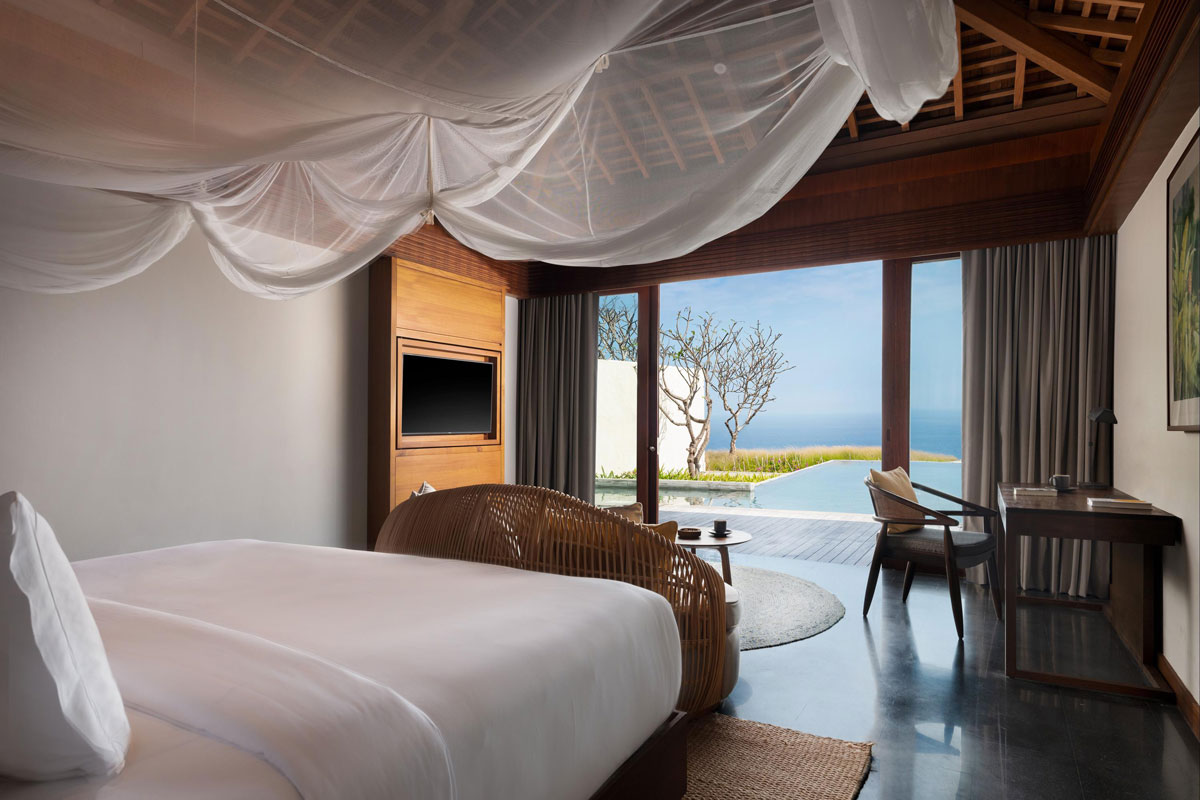The early days of the pandemic saw airlines ramp up their air filtration. Medical grade filters were introduced and all sorts of extra hygiene measures came in too. Likewise, many gyms picked up their cleanliness, with some even installing eerie ultraviolet cleaning lights.
Not it’s hotels’ turn to join the revolution. The New York Times reports the newest hotel amenity is “virus scrubbed” air. Coming in on top of previously observed measures like electrostatic spraying and – as mentioned – UV light exposure, could “virus scrubbed” air give people’s travel confidence a much-needed boost?
“The best amenity that any hotel could provide under those circumstances is safety, especially in the air,” Carlos Sarmiento, the general manager of the Hotel Paso del Norte in El Paso, Texas, told The New York Times. The 1912 vintage hotel Sarmiento works for recently reopened after a four-year renovation, which included the installation of a new air purification system.
It’s not alone in its renewed focus on hygiene.
Neil Jacobs, chief executive officer of Six Senses, whose 18-hotel portfolio has installed chemical-free ozone cleaning systems that use electrically-charged oxygen molecules to rid the air of bacteria, viruses, and odors, told Bloomberg in 2020, “Frankly, [such measures are] as much about keeping the employees safe as it is the guests safe.”
The Leela Palace New Delhi is also among the number of hotels now advertising their air filtration systems.
View this post on Instagram
The air filtration system industry has seen something of a boom in the last twelve months with many hotels following airlines’ lead in buying hospital-grade, high-efficiency particulate air (HEPA) filters. These filters claim to be 99 percent effective in capturing tiny virus particles, including Covid 19.
How do the filters work? Bipolar ionization – they send charged ions out on air currents “that damage the surface of the virus and inactivate it,” (The New York Times). “They may also bind with the virus aerosols, causing them to fall or be more easily filtered out.”
Some experts remain skeptical. As The New York Times reports, “ASHRAE, a professional society of air-conditioning, heating and refrigerating engineers, notes that the technology is still ’emerging’ and lacks ‘scientifically-rigorous, peer-reviewed studies.'”
However, the claim “virus free air is the new travel essential” seems to be getting louder and louder. It’s almost an industry buzzword. And with the “99% effective” claims kicking around, we can see why.
